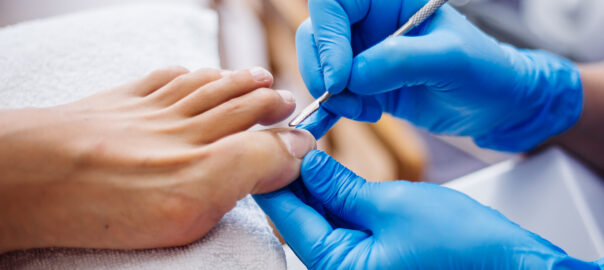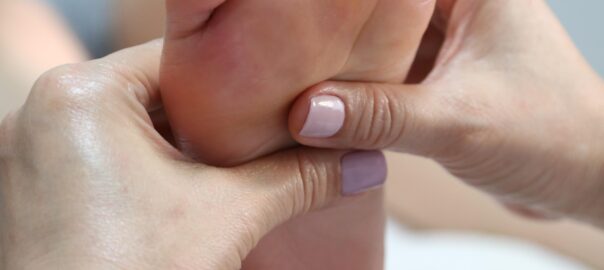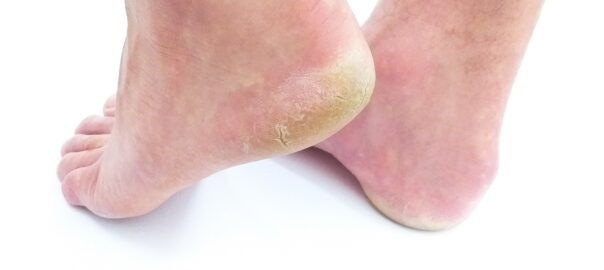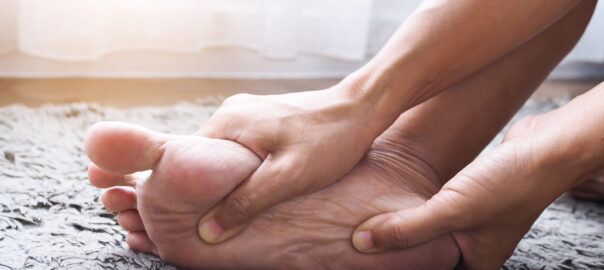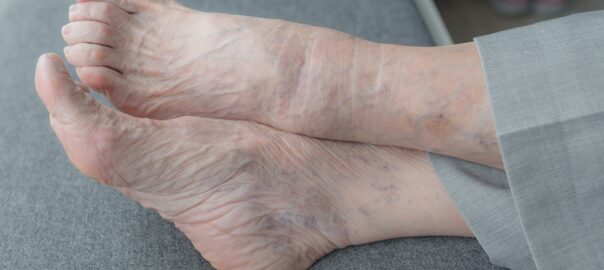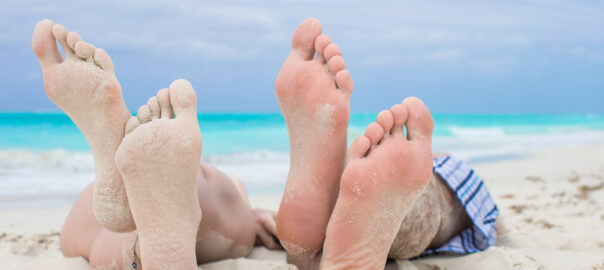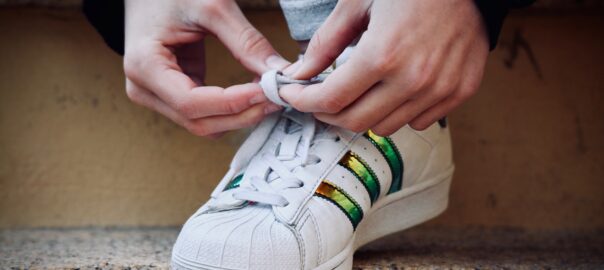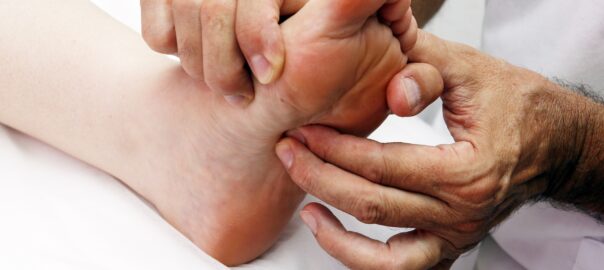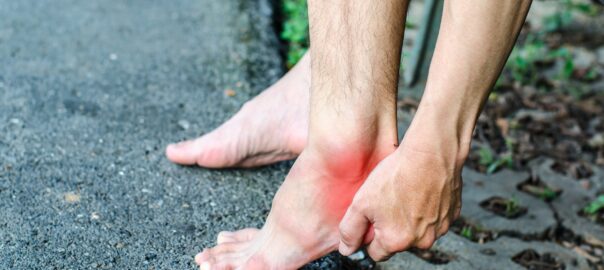Podiatrists, whether they work in a traditional office or as housecall podiatrists, are trained to diagnose, treat, and manage a wide range of foot and ankle conditions. Call our housecall podiatry team if you need help: 312-998-0974
Some common conditions that podiatrists can address include:
- Toenail Fungus: Podiatrists can diagnose and treat fungal infections of the toenails, providing appropriate medications or procedures to manage the condition.
- Plantar Fasciitis: This is a common condition involving inflammation of the tissue on the bottom of the foot. Podiatrists can recommend treatments such as orthotics, stretching exercises, and sometimes corticosteroid injections.
- Bunions and Hammertoes: Podiatrists can address deformities like bunions and hammertoes through conservative measures or surgical intervention if necessary.
- Corns and Calluses: These are areas of thickened skin that can cause discomfort. Podiatrists can safely remove them and provide guidance on preventive measures.
- Foot Pain and Injuries: Podiatrists can evaluate and treat various sources of foot pain, including injuries such as sprains and fractures.
- Diabetic Foot Care: Podiatrists play a crucial role in the care of diabetic patients, helping to prevent and manage foot complications associated with diabetes.
- Custom Orthotics: Podiatrists can prescribe and provide custom orthotic devices to address issues with foot mechanics and alleviate pain or discomfort.
- Ingrown Toenails: Podiatrists can address ingrown toenails, providing relief and, if necessary, performing minor procedures to correct the issue.
- Sports-Related Foot and Ankle Injuries: Podiatrists with sports medicine expertise can treat injuries related to physical activities.
Visiting or housecall podiatrists bring their services directly to the patient’s location, which can be particularly beneficial for individuals who may have difficulty traveling to a traditional office setting, such as elderly or homebound patients.
It’s important to note that the scope of practice may vary among podiatrists, and some may have additional specializations or focus areas. If you have specific concerns or conditions, it’s recommended to consult with a podiatrist to discuss your individual needs and receive personalized care.
Call housecall podiatrists at Illinois Mobile Foot Care at 312-998-0974. Our Chicago podiatrists can provide a proper diagnosis based on your symptoms, medical history, and potentially recommend imaging studies or other diagnostic tests to identify the underlying cause and determine the appropriate treatment.





